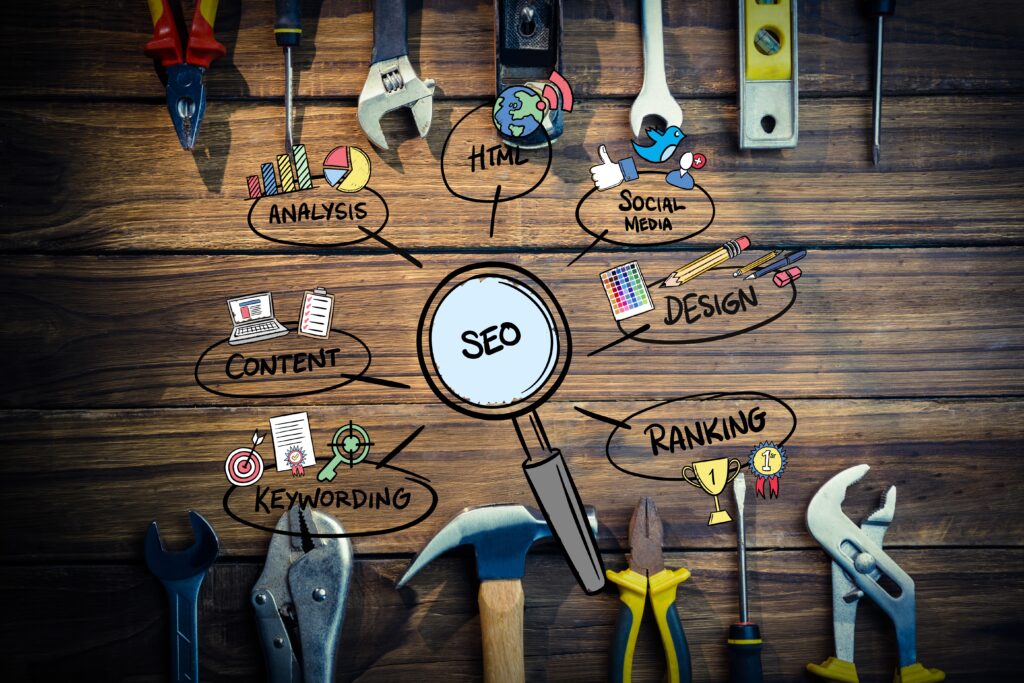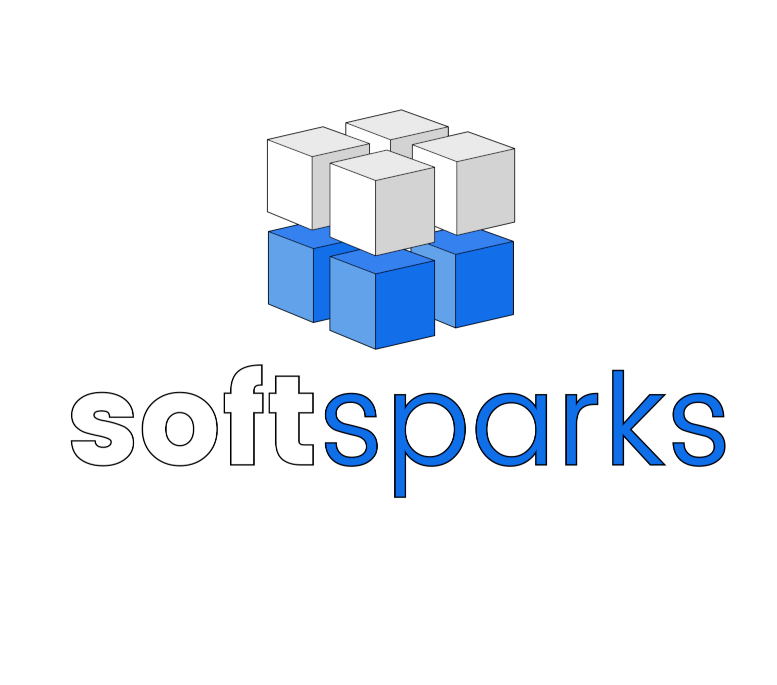Search engine optimization (SEO) plays a crucial role in the success of businesses in the digital age. In a world where most consumers make their purchasing decisions online, it is essential that businesses are visible in search engine results. An effective SEO strategy ensures that a company's website appears high up in the results for relevant search queries.
Table of contents

This not only leads to higher visibility, but also to increased credibility and a better brand image. Studies show that the majority of users only click on the first few results on the search results page, which underlines the need to penetrate this upper area. In addition, SEO also has long-term benefits.Unlike paid advertising, which can deliver immediate results but also requires continuous investment, a well-optimized website can generate organic traffic over a longer period of time. This means that companies can not only achieve short-term success through targeted SEO measures, but also build a sustainable online presence. Investing in SEO is therefore not just a question of visibility, but also a strategic decision to ensure competitiveness in an increasingly digital market.
AI software uses various technologies and algorithms to support the process of SEO optimization. A central component is machine learning, which enables the software to learn from large amounts of data and continuously improve. By training with historical data, the AI can recognize patterns and make predictions about future trends.This is particularly useful for keyword research, as the software can identify relevant terms that potential customers might use. In addition, many AI tools use natural language processing (NLP) to analyze and evaluate the content of web pages. This technology enables the software to better understand the context and relevance of content and make recommendations to improve text quality.For example, the AI can make suggestions for optimizing meta tags or improving the readability of an article. These intelligent analyses help companies to create content that is appealing to both search engines and users.
Key Takeaways
- SEO optimization is crucial for companies to be visible online and reach potential customers.
- Manual SEO optimization poses challenges such as time and resource expenditure as well as the need to keep up with constantly changing algorithms.
- The use of AI software offers advantages such as efficiency, accuracy and the ability to process large amounts of data.
- AI software works in SEO optimization by analyzing data, recognizing patterns and automatically suggesting optimization measures.
- Choosing the right AI software for SEO optimization requires thorough research and consideration of individual company needs.
The challenges of manual SEO optimization
Manual SEO optimization brings with it a variety of challenges that often present companies with major problems. One of the biggest hurdles is the constant change in the algorithms of search engines such as Google. These algorithms are regularly updated to improve the quality of search results and reduce spam content.For companies, this means that they must continually adapt their SEO strategies to meet the latest requirements. This dynamic requires not only technical knowledge, but also time and resources that many companies may not have available. Another problem is the complexity of SEO techniques themselves.Optimizing a website involves numerous aspects, including keyword research, on-page optimization, link building and technical SEO. Each of these areas requires specific expertise and experience.Many companies struggle to effectively integrate all these elements and develop a coherent strategy.This often leads to suboptimal results and frustrated marketing teams who have to deal with the challenges of manual optimization.
The benefits of using AI software for SEO optimization
The integration of AI software into the SEO optimization process offers numerous advantages that can help companies to significantly improve their online presence. One key advantage is AI's ability to analyze large amounts of data in real time. While human analysts often reach their capacity limits, AI can recognize patterns and trends in the data that may remain invisible to the human eye. For growing companies, this can Scalable automation help to adapt processes flexibly and efficiently to increasing requirements.These findings enable companies to make informed decisions and adapt their strategies accordingly.Another significant advantage is the automation of routine tasks.Many aspects of SEO optimization are time-consuming and repetitive, such as monitoring rankings or creating reports. AI software can automate these tasks, freeing up valuable time for marketing teams. This allows employees to focus on more strategic tasks, such as developing creative content or improving the user experience on the website.This increase in efficiency can ultimately lead to better performance and higher conversion rates.
How AI software works in SEO optimization
| Metrics | Description |
|---|---|
| Keyword analysis | The ability of AI software to identify relevant keywords and evaluate their potential for SEO optimization. |
| Content optimization | How effective AI software is at optimizing content for search engines, including keyword usage, structuring and readability. |
| Backlink analysis | The ability of AI software to monitor and analyze backlinks and evaluate their quality for SEO optimization. |
| Ranking monitoring | How well the AI software is able to monitor the ranking of websites in search engines and provide relevant data. |
